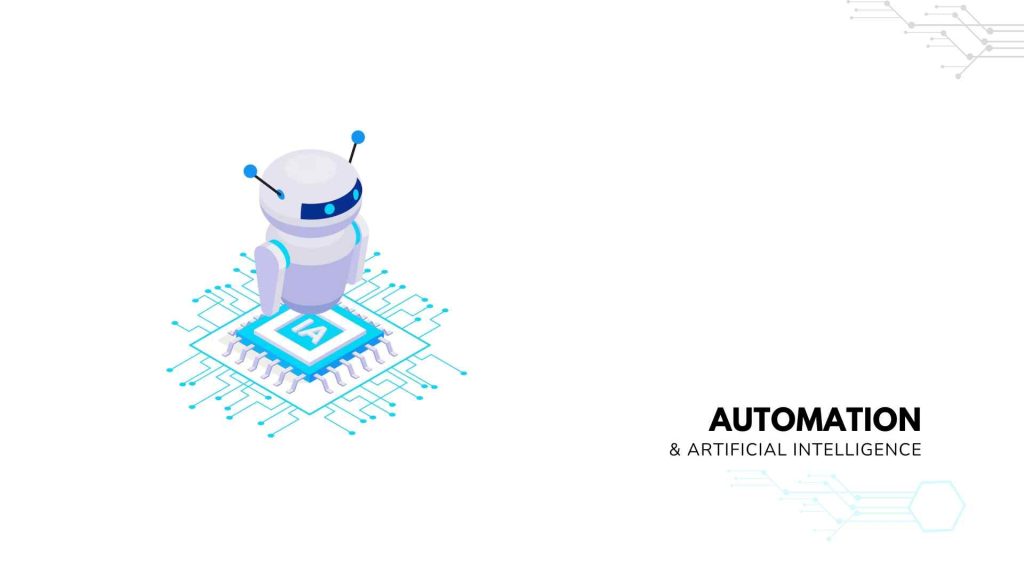ERP systems have become the backbone of businesses, offering comprehensive tools to manage a spectrum of operations, from finances to human resources. However, the landscape of ERP is undergoing a significant transformation with the integration of AI and automation, redefining how businesses operate, plan, and interact with their systems.
The latest AI trends in ERP solutions are steering this evolution, promising enhanced scalability, efficiency, predictive insights, personalized experiences, and the integration of chatbots and virtual assistants.
Scalability and Adaptability
One of the primary trends revolutionizing ERP software is their improved scalability and adaptability. Businesses are embracing cloud-based ERP solutions that can effortlessly expand or contract in response to changing needs. These systems can accommodate a growing volume of data, users, or functionalities without compromising performance. AI-driven algorithms are being integrated to ensure these systems can seamlessly adapt to the dynamic needs of modern businesses, allowing for more flexibility and agility.
Streamlined Automation for Efficiency
Automation within ERP systems has transcended routine tasks to encompass complex processes. AI algorithms automate mundane activities, allowing employees to concentrate on higher-value tasks requiring crucial thought and creativity. Automated data entry, invoice processing, inventory management, and other repetitive tasks are becoming more accurate and efficient through AI, thus significantly reducing human errors and operational costs.
Predictive Power for Planning
Integrating AI in ERP solutions equips businesses with predictive analytics and forecasting capabilities. By examining historical data and recognizing patterns, AI predicts potential outcomes, market trends, and demand fluctuations. This predictive power enables better decision-making and more informed strategic planning, allowing businesses to proactively address challenges and capitalize on opportunities.
Personalized Customer Experiences
Modern ERP systems are evolving to cater to the individualized needs of customers. AI algorithms analyze customer data and behaviors, allowing businesses to offer personalized experiences. This personalization extends to product recommendations, tailored services, and customized communication, enhancing customer satisfaction and fostering loyalty.
Chatbots and Virtual Assistants
Chatbots and virtual assistants are increasingly integrated into ERP systems to enhance user experience and streamline interactions. These AI-powered assistants efficiently handle routine inquiries, provide real-time support, and guide users through the system, improving accessibility and usability.
The integration of these AI trends in ERP systems is reshaping the way businesses operate. They are not just tools for managing resources but strategic assets that drive productivity, efficiency, and customer satisfaction.
As AI advances, the future of ERP will likely see further enhancements, including more sophisticated AI algorithms, increased integration with IoT devices, and expanded use of machine learning for more precise decision-making.
Businesses that embrace these AI-driven ERP trends will undoubtedly gain a competitive edge, optimizing their operations, delivering superior customer experiences, and staying ahead in a rapidly evolving market.
The amalgamation of automation and AI in ERP systems marks a transformative phase in how businesses utilize technology to streamline operations, plan strategically, and engage with customers. The infusion of AI undeniably shapes the future of ERP, and companies that harness these technologies stand to gain significantly in the long run.

Vijay comes with a vast experience in ERP and enterprise solutions space with about 20 years of experience in various packaged application like Acumatica, SAP, Orion, Salesforce.com, SugarCRM and, SalesLogix.

